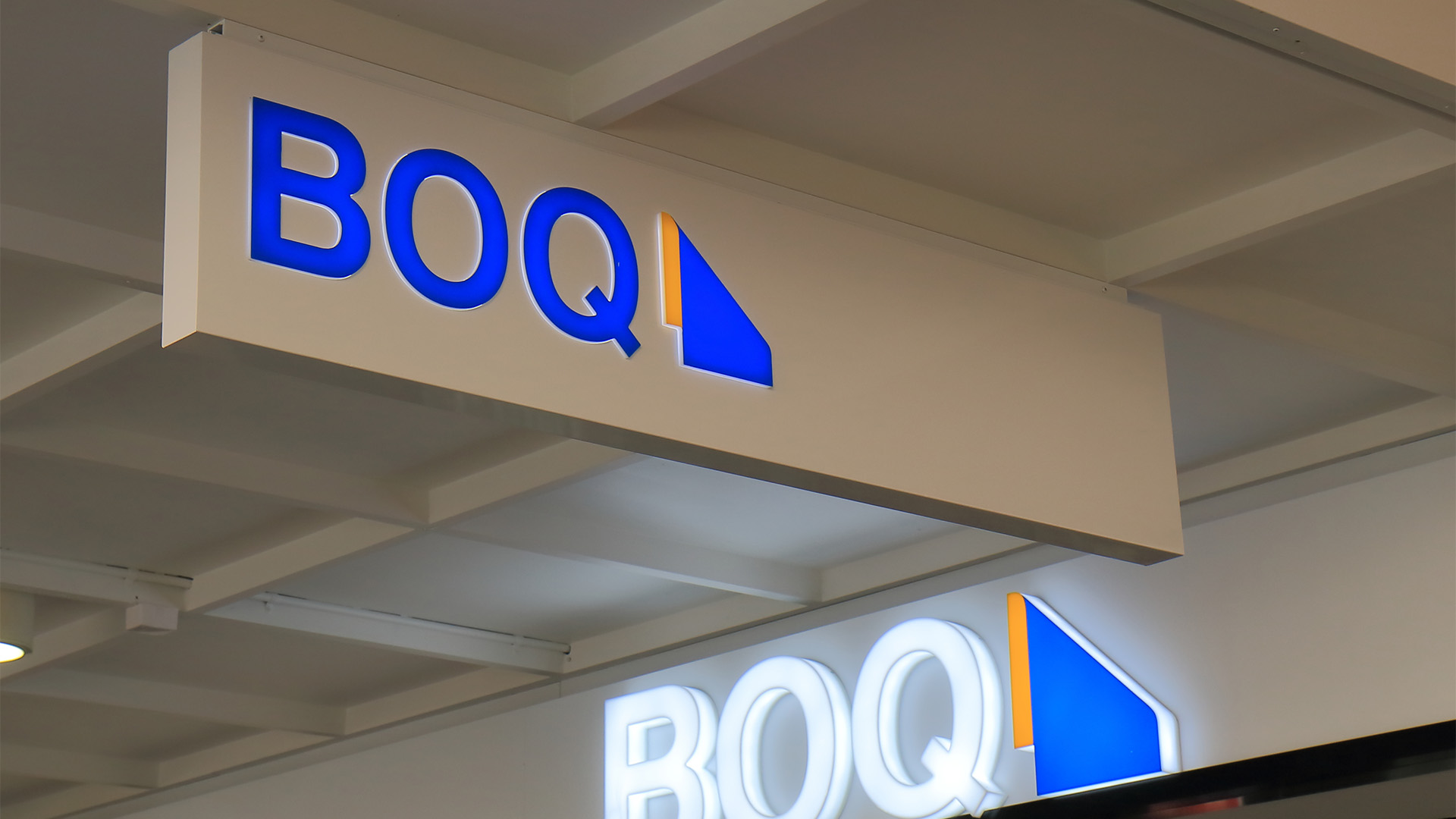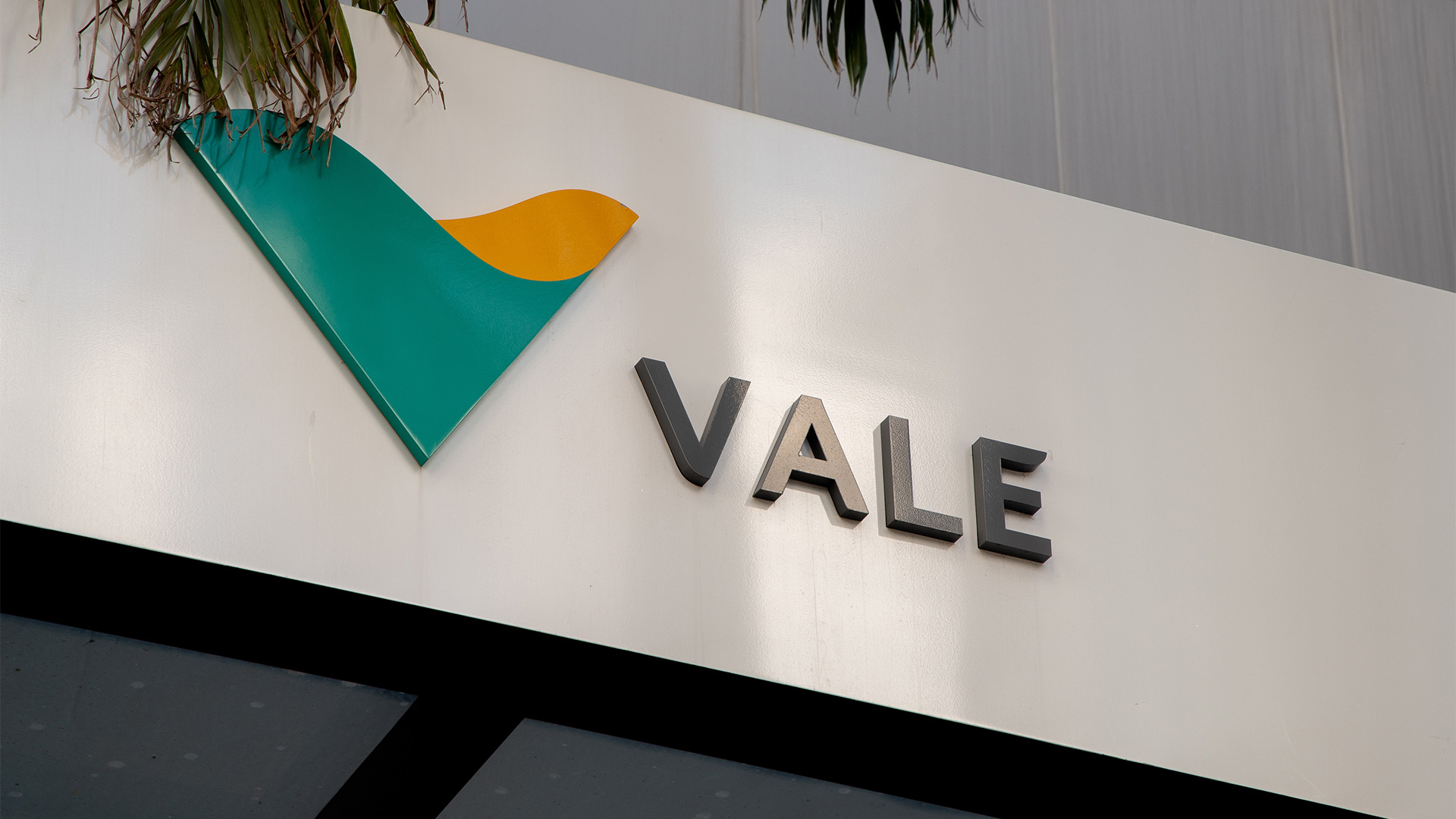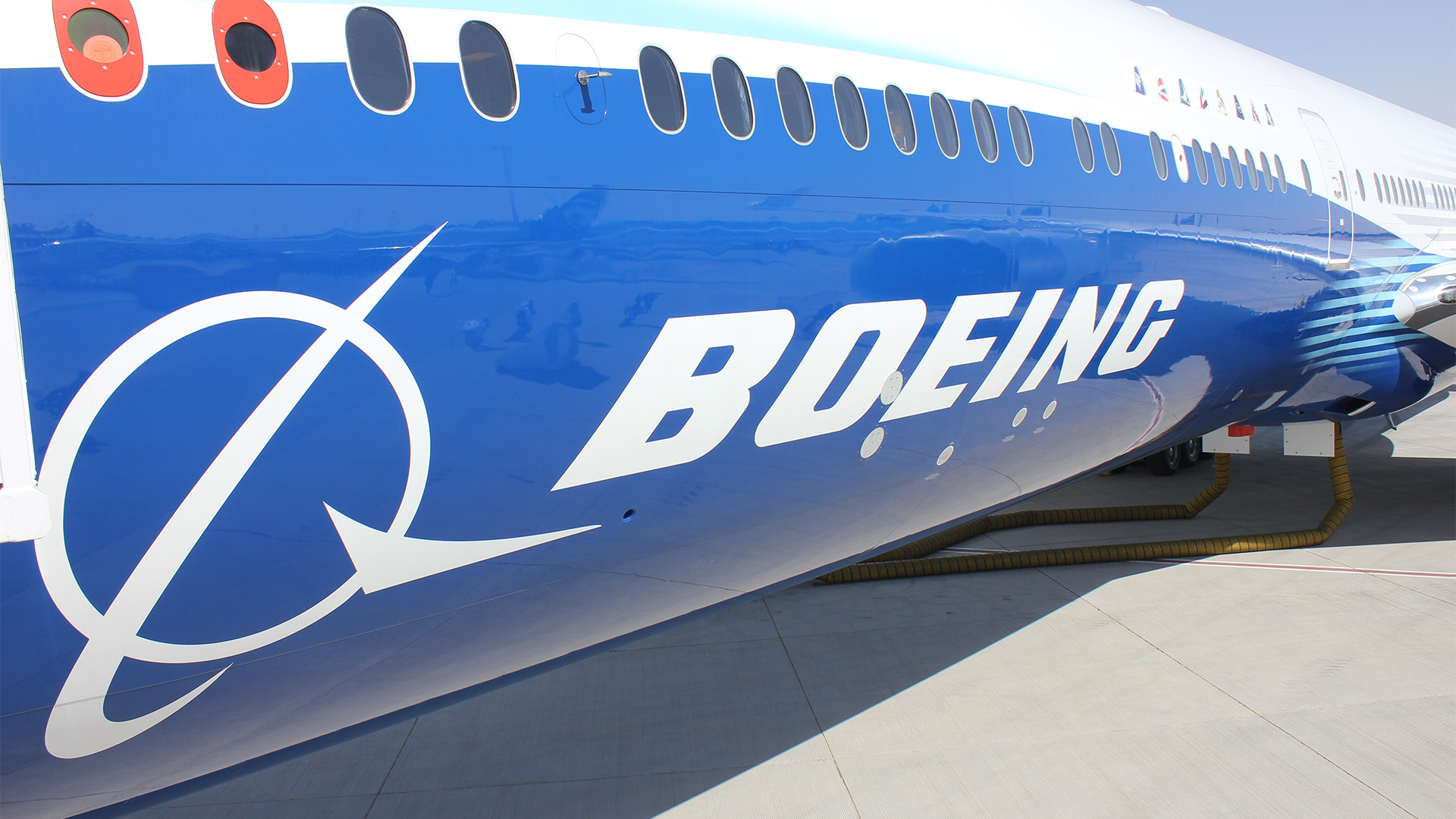In the realm of profit announcements, cash earnings typically reign supreme for most banks, though Westpac has reverted to using statutory earnings. In the recent disclosure by the Bank of Queensland, the spotlight was on its $450 million in cash earnings for the year ending August 31, as well as a stark 70% decline in statutory profits, plummeting to $124 million.
This time around, the statutory profit figure provided a more accurate view of the Brisbane-based bank's tumultuous year. It grappled with management instability and regulatory scrutiny, particularly from AUSTRAC, the financial intelligence group, which had previously scrutinized larger competitors, Commonwealth and Westpac, in a similar manner a few years ago.
For the 12 months leading up to August 31, Bank of Queensland's statutory profit of a mere $124 million was heavily impacted by a slew of one-off items stemming from regulatory and accounting adjustments that directly affected both the bank and its shareholders. These items included non-cash factors like a goodwill write-down, as well as expensive solutions to address regulatory concerns.
The list of financial woes included a $200 million impairment of goodwill from a 2007 acquisition, $57 million in integration costs related to ME (Bank), a $42 million provision for Remedial Action Plans to rectify deficiencies in money laundering and anti-terrorism financing processes identified by AUSTRAC, and $35 million in restructuring expenses from a simplification program.
In addition to these financial challenges, the bank faced the difficulty of finding a CEO to succeed George Frazis, who left the position last November under pressure from the board and then-chair, Patrick Allaway, who served as interim CEO and later took the role permanently when the search proved unsuccessful.
The news for cash earnings was comparatively more favorable, with an 8% decrease to $450 million. This decline was driven by a 5% growth in total income, offset by softer net interest margins and an 8% increase in expenses.
Nevertheless, the dip in earnings prompted the bank to reduce its final dividend by 4.2%, bringing it to 21 cents per share. For the full year, this translated to total dividends of 41 cents per share, down from 44 cents per share in the previous year.
Despite some optimistic forecasts from analysts, it's likely that BoQ's share price will come under pressure. Already, the shares have declined by 14.8% year to date, marking a significant underperformance.
In a statement released on Wednesday, CEO Patrick Allaway acknowledged the challenges faced by shareholders and took responsibility for the operational risk failings that resulted in two Court Enforceable Undertakings. He noted that the bank's results reflect market cycles and a transforming business. The bank remains committed to its strategy, which aims to create a stronger, simpler, digitally enabled, low-cost bank with an exceptional customer experience.
While these remarks sound optimistic, the bank, under the same leadership, expressed caution about the year ahead. It anticipates increasing risk in FY24 due to elevated living costs, delayed effects, and sustained higher interest rates. This is expected to result in continued revenue and margin pressure, slower credit growth, and heightened competition.
Moreover, the bank foresees the need for mortgage pricing adjustments to generate returns above banks' cost of capital, as well as ongoing competition in deposits due to the refinancing of the TFF (The Reserve Bank's pandemic funding facility). Despite inflationary pressures, the bank expects to partially offset them through its simplification program, with low single-digit cost growth to its underlying cost base, along with investment spend and amortization as part of its ongoing investments.














